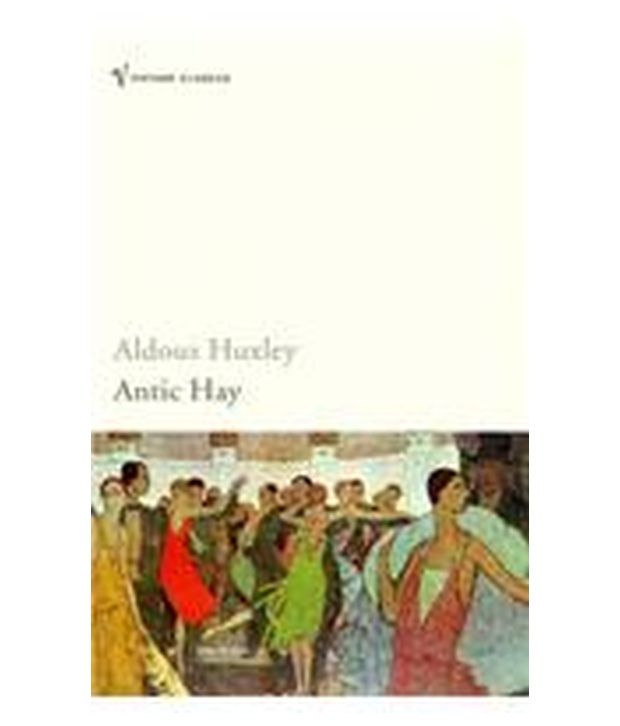WITH A FOREWORD BY DAVID LODGE
When inspiration leads Theodore Gumbril to design a type of pneumatic trouser to ease the discomfort of sedentary life, he decides the time has come to give up teaching and seek his fortune in the metropolis. He soon finds himself caught up in the hedonistic world of his friends Mercaptan, Lypiatt and the thoroughly civilised Myra Viveash, and his burning ambitions begin to lose their urgency...
Wickedly funny and deliciously barbed, the novel epitomises the glittering neuroticism of the Twenties.
About the Author:
Aldous Huxley was born on 26th July 1894 near Godalming, Surrey. He began writing poetry and short stories in his early twenties, but it was his first novel, Crome Yellow (1921), which established his literary reputation. This was swiftly followed by Antic Hay (1923), Those Barren Leaves (1925) and Point Counter Point (1928) - bright, brilliant satires in which Huxley wittily but ruthlessly passed judgement on the shortcomings of contemporary society. For most of the 1920s Huxley lived in Italy and an account of his experiences there can be found in Along The Road (1925). The great novels of ideas, including his most famous work Brave New World (published in 1932 this warned against the dehumanising aspects of scientific and material 'progress') and the pacifist novel Eyeless in Gaza (1936) were accompanied by a series of wise and brilliant essays, collected in volume form under titles such as Music at Night (1931) and Enda and Means (1937). In 1937, at the height of his fame, Huxley left Europe to live in California, working for a time as a screenwriter in Hollywood. As the West braced itself for war, Huxley came increasingly to believe that the key to solving the world's problems lay in changing the individual through mystical enlightenment. The exploration of the inner life through mysticism and hallucinogenic drugs was to dominate his work for the rest of his life. His beliefs found expression in both fiction (Time Must Have a Stop, 1944 and Island, 1962) and non-fiction (The Perennial Philosophy, 1945, Grey Eminence, 1941 and the famous account of his first mescalin experience, The Doors of Perception, 1954. Huxley died in California on 22nd November 1963.

